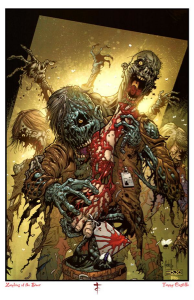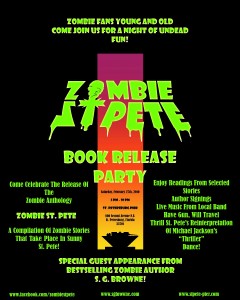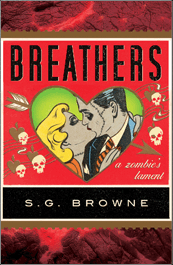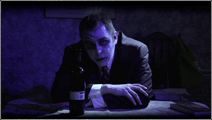The Writing Life: Fated
September 11th, 2010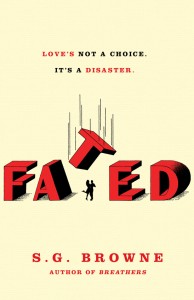 The idea for Fated started out as something completely different than what it eventually became. Actually, it was almost an accident. An idea born out of another idea that ended up being somewhat less brilliant than when I initially started writing it down.
The idea for Fated started out as something completely different than what it eventually became. Actually, it was almost an accident. An idea born out of another idea that ended up being somewhat less brilliant than when I initially started writing it down.
Late in the evening of September 10, 2003 (it was actually 10PM – I have the entry in one of my journals), I sat down to write out an idea for a short story that had popped into my head. The entry starts out:
“Story about a man in his late thirties who has spent his life avoiding risks until some supernatural event intervenes.”
This brilliant idea goes on for almost a full page until I realized, and actually wrote down, that the idea sounded much better in my head before I watched SportsCenter on ESPN to see if the Giants beat the Padres. (They did, 7-1.)
At that point, I had no idea where I was going with the original idea. But not wanting to give up on whatever it was that prompted me to sit down and write in the first place, I kept journaling, coming up with an occasional “maybe this” and a few “maybe thats” until I stumbled upon the idea that my main character lived in Manhattan and had first hand knowledge about certain events because he’s Fate. I even had him aspiring to be a writer so that he could tell the truth about the fact that no one, not even fictional characters, control their own fate.
 I rambled on a bit with that, trying to figure out if he was human, if he had a childhood, if he socialized with humans, if he went out on dates – throwing out ideas that at the time didn’t really go anywhere but that’s what writers do. Throw things at a target and hope something sticks. Then I turned on the TV and watched the rest of SportsCenter.
I rambled on a bit with that, trying to figure out if he was human, if he had a childhood, if he socialized with humans, if he went out on dates – throwing out ideas that at the time didn’t really go anywhere but that’s what writers do. Throw things at a target and hope something sticks. Then I turned on the TV and watched the rest of SportsCenter.
The following July, I was sitting on a bench at an outdoor shopping mall, watching people walk past and wondering what their futures held for them. I hadn’t pursued the idea about Fate from the previous September, but as I started writing, I realized the ideas were connected. Five minutes later, I’d scribbled out a narrative on a page of a yellow-lined notepad about a character who can see what everyone will be like in fifteen or twenty years. This would eventually become the opening chapter to Fated.
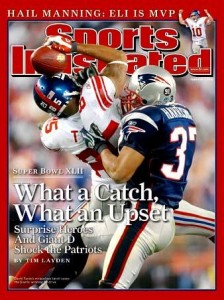 I didn’t actually start working on the novel until more than two years later, in December 2006, after I’d moved to San Francisco. I wrote the first half of Fated (40,000 words) in three months, struggled for another nine months to squeeze out the next 20,000 words, then pumped out the last quarter of it (another 20,000 words) in January 2008. I finished the first draft of Fated on February 2, 2008, the day before the New York Giants upset the previously undefeated New England Patriots 17-14 in Super Bowl XLII.
I didn’t actually start working on the novel until more than two years later, in December 2006, after I’d moved to San Francisco. I wrote the first half of Fated (40,000 words) in three months, struggled for another nine months to squeeze out the next 20,000 words, then pumped out the last quarter of it (another 20,000 words) in January 2008. I finished the first draft of Fated on February 2, 2008, the day before the New York Giants upset the previously undefeated New England Patriots 17-14 in Super Bowl XLII.
I guess they were fated to lose.
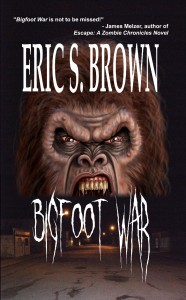
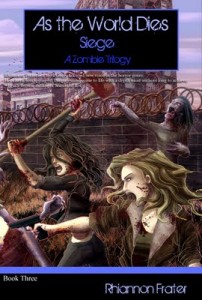
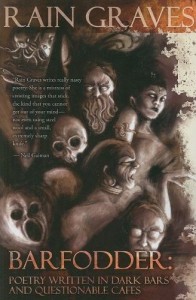
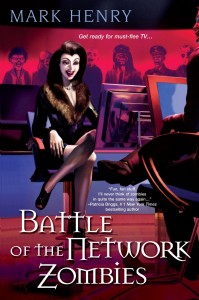
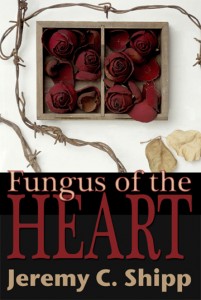
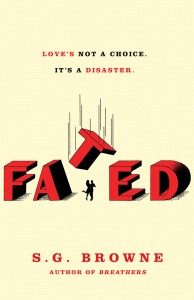
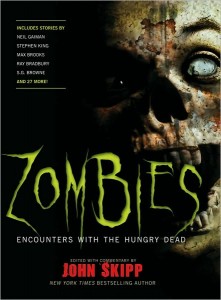
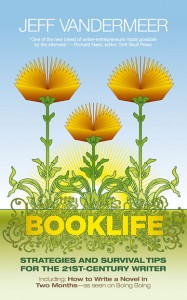
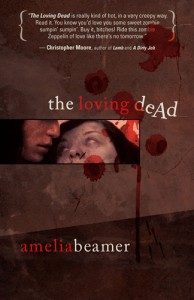
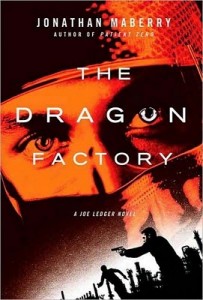
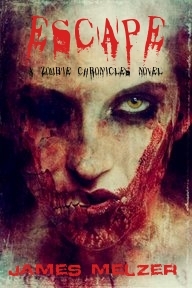
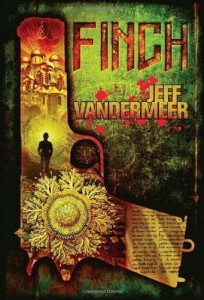
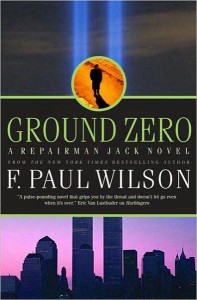
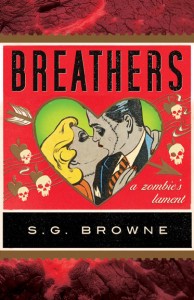

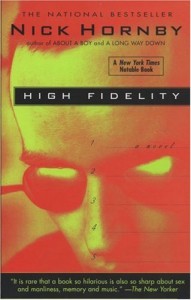
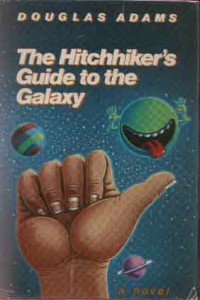
 You wake up at 6:00am PST Wednesday morning in San Francisco. You spend all day running last minute errands and packing for a 10 day trip and trying to get all those bright yellow Post-It notes with reminders off your desk. You catch the Super Shuttle, which arrives 10 minutes early and deposits you at SFO two-and-a-half hours early, but at least you saved $30 by not taking a cab.
You wake up at 6:00am PST Wednesday morning in San Francisco. You spend all day running last minute errands and packing for a 10 day trip and trying to get all those bright yellow Post-It notes with reminders off your desk. You catch the Super Shuttle, which arrives 10 minutes early and deposits you at SFO two-and-a-half hours early, but at least you saved $30 by not taking a cab.